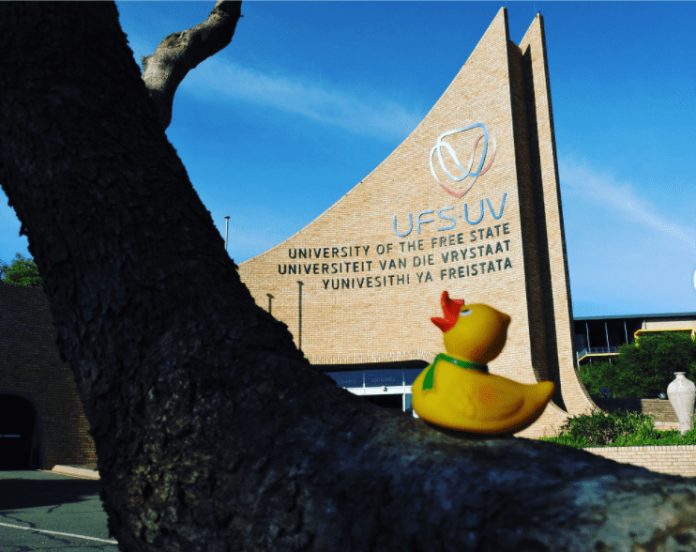As South Africa battles Millennium Development Goal 1 to eradicate extreme poverty and hunger, which continues to be elusive, the University of the Free State is ready to launch its Bachelor of Engineering (BEng) in Agricultural and Biosystems Engineering from next year.
According to university spokesperson Andre Damons, the undergraduate degree will be offered alongside PhD and MSc degrees in Ecological and Nature-based Engineering Sciences – the first postgraduate qualifications of its kind on the African continent.
“Together, these programmes strengthen the university’s role in addressing some of the world’s most pressing and complex sustainability challenges.”
Project manager Louis Lagrange said the new undergraduate degree is a milestone for the university: “It will be the first full engineering degree presented by the UFS, and it directly targets the pressing water–food–energy nexus. It combines hard-core engineering and precision farming digital skills with the living world of biosystems to develop regenerative and environmentally sustainable food production systems.”
The undergraduate degree is endorsed by the Engineering Council of South Africa and approved by the South African Qualifications Authority.
“It is designed to prepare students for the full agricultural engineering design process – from identifying and evaluating challenges to designing, implementing, and testing sustainable solutions.
Students will also be able to specialise through electives in animal production, horticulture, or open land crop production,” said Lagrange.
He said the students will gain experience in agricultural mechanisations such as drones, water and irrigation systems, soil, environmental stewardship, renewable energy,
including solar and biofuels, precision agriculture, data-driven smart farming, and food
processing.”
Career opportunities for graduates will range from agricultural/biosystems engineer, irrigation and water resource engineer, smart farming specialist, and food processing engineer to roles in mechanisation, soil conservation, animal husbandry and energy conversion.
Head of Engineering Sciences Jacques Maritz said: “Our BSc, MSc, and PhD graduates will be uniquely positioned as ecological engineering scientists who can also branch out to advanced sustainability analysts, computational sustainability professionals, or nature-based complexity scientists who will have the future-proof skill of solving complex sustainability challenges in interdisciplinary teams by using some of the most advanced technology.
“On the horizon – an NQF 8 postgraduate diploma in Ecological and Nature-based Engineering Sciences will link undergraduate students to postgraduate studies.”
He said the new postgraduate degrees in Ecological and Nature-based Engineering Sciences will be the first qualifications of their kind on the African continent, “and are endorsed by the International Ecological Engineering Society and the Ecological Engineering Institute of Africa”.
Lagrange and Dr Maritz agree that these qualifications reflect the UFS’ Vision 130 commitment to being research-led, student-centred and regionally engaged.
The new programmes are suited to students who want to combine engineering, science and nature with emerging technologies while pursuing careers that make a real impact on sustainability in South Africa and beyond.



